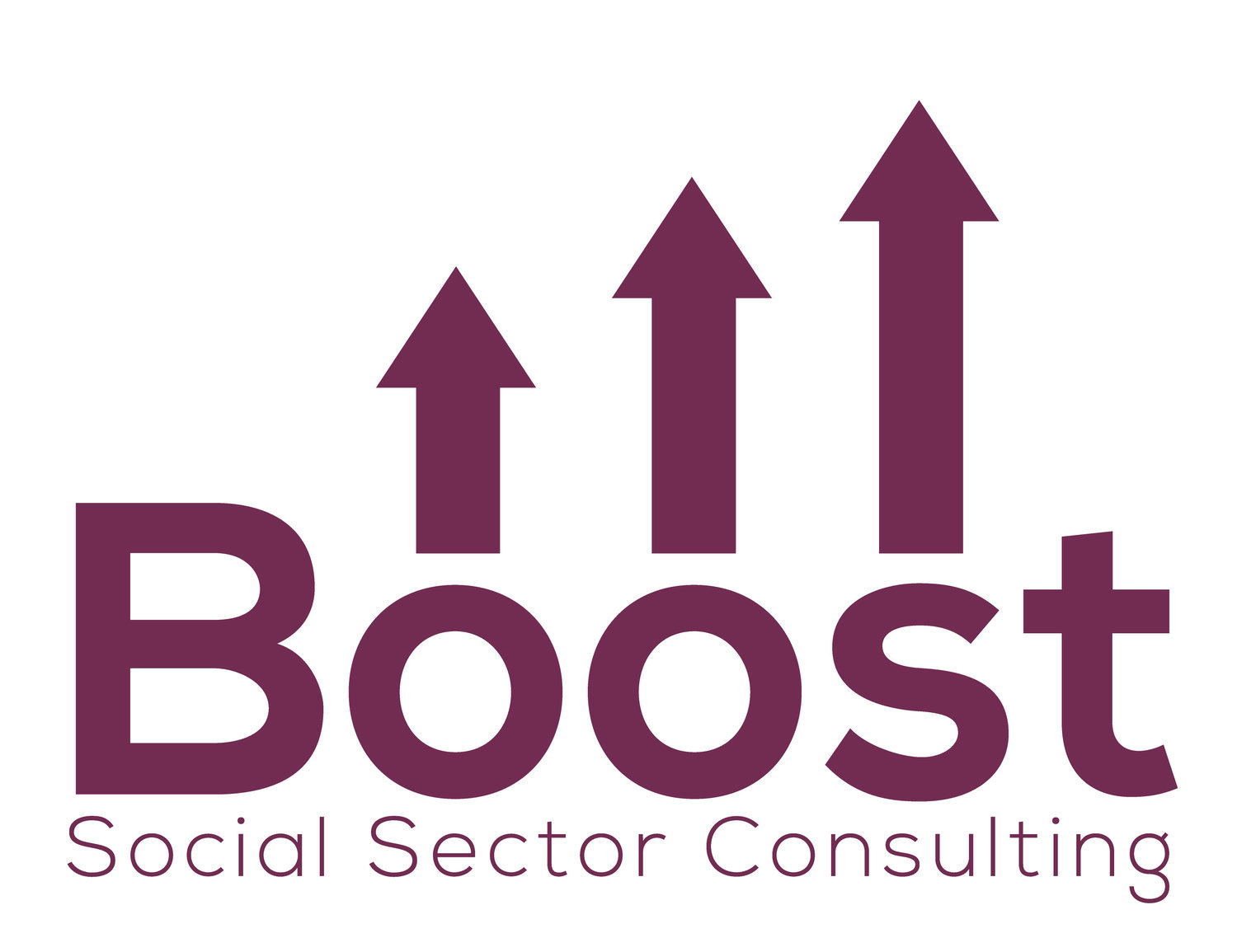Which Kind of Nonprofit Are You?
/By Arshad Merchant
Recently, I facilitated a discussion at one of my current clients. It was the first of a series of conversations set up to develop the organization’s theory of change or, as I sometimes call this existential process, the “Why are we here?” project. One of the staff members asked a question that I have heard regularly from many of my clients: “How essential are we to our partners?”
When this question is asked, I sometimes think of coffee, and specifically the rationale for drinking coffee in the afternoon. For me, and I imagine for many people, morning coffee has become a must. It’s essential in driving my productivity, especially after the long-hours of consulting, community work and family responsibilities. While I canchoose the type of morning coffee I have, I frequently select the option that is easiest to access. While it still has to be hot and somewhat fresh, my priority is its proximity and convenience. If your gas tank is empty, you buy at the next gas station, right?
On the other hand, if I am going to have coffee in the afternoon, I’m going to enjoy this one… for me, Starbucks at the minimum; Peet’s if possible. And, yesterday, I came across what may become my new favorite – essentially a rose mochaccino. This afternoon coffee is not essential to me, but it is an indulgence that I sometimes want.
So, as clients grapple with theory of change questions, I sometimes ask: Are you morning coffee or afternoon coffee? If you are a “morning coffee” program – for example, an afterschool program that partners with schools – you likely need to sell yourself to partners on convenience and ease of service. You are already important to them and funding may be less of an issue, but there are probably plenty of options. This means you need to be the best at seamlessly delivering what the partner needs and making it as headache free as possible. On the other hand, if you are afternoon coffee, you likely have to prove your value, and sell yourself on how you are different, how you are special; how you are the rose-syrup that I can’t get at the coffee shop down the block.
And, as my client considers the question – “How essential are we to our partners?” – I will be sure to ask their partners about how they see my client’s value proposition. If it turns out that my client offers an essential service, then we will work on the service’s convenience, so it can become an easy-to-do-business-with option. If the partners see them as important and helpful – but not essential – we will work with our clients on being really clear on how they are differentiated, how they should be wanted even if they are not needed.
After all, both morning and afternoon coffee are valued – just for different reasons.


